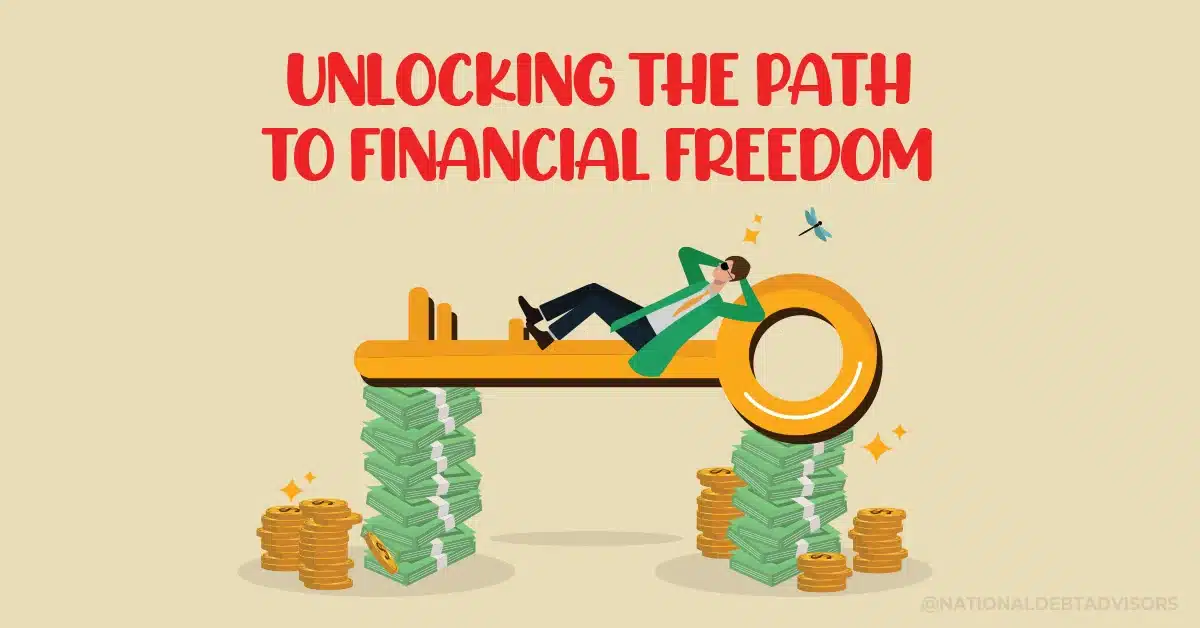Having a sound financial plan is more important than ever in a world full of financial risks. Two essential skills that enable people to attain financial stability and long-term objectives are budgeting and saving. Learning the skill of budgeting and saving may change your financial perspective, whether you're saving for a new house, a dream vacation, or just an emergency fund.
This blog will discuss the value of saving and budgeting, how to maintain a sound financial lifestyle, and helpful hints for putting these methods into practice. Let's get started!
This blog will discuss the value of saving and budgeting, how to maintain a sound financial lifestyle, and helpful hints for putting these methods into practice. Let's get started!
The Importance of Saving and Budgeting
- Financial Control: By clearly identifying where your money is going, a budget enables you to take charge of your spending and set priorities for the things that are most important.
- Financial Security: Savings serve as a buffer against unforeseen costs such as auto repairs, medical problems, or job loss.
- Reaching Objectives: Savings makes goals come true, whether they include debt repayment, auto purchases, or retirement preparation.
- Reducing Stress: One major source of stress is financial uncertainty. An effective savings strategy and a well-managed budget help allay financial worries.
A Complete Guide to Budgeting
1. Evaluate Your Earnings
Begin by figuring out how much money you make each month from all of your sources, including side jobs, freelance work, and your wage. Understanding your precise revenue gives your budget a starting point.2. Monitor Your Spending
Keep a record of everything you spend for at least a month. Sort your spending into two categories: variable (groceries, entertainment, eating out) and fixed (rent, utilities, insurance). This will assist you in determining potential areas of excessive spending.3. Establish Financial Objectives
Set both immediate and long-term objectives. While long-term objectives can include creating a retirement fund or purchasing a home, short-term objectives might include paying down a credit card or saving for a vacation.4. Establish a Budget
Divide your earnings across several categories. One such tactic is the 50/30/20 rule:- 50% of needs are necessities, such as food, housing, and transportation.
- 30% of wants are non-essentials like hobbies, entertainment, and eating out.
- 20% savings comes from debt reduction, emergency fund contributions, and savings account contributions.
5. Adhere to Your Spending Plan
The key is discipline. Use a basic spreadsheet or budgeting tools like Mint or YNAB (You Need a Budget) to track your progress and make sure you don't go over your spending limitations.Clever Saving Techniques
1. Set Up Automatic Savings
Monthly transfers from your checking account to a savings account can be set up automatically. Savings is certain to become a goal rather than an afterthought with this "pay yourself first" strategy.2. Establish an Emergency Fund
Three to six months' worth of living costs should be saved in a different, conveniently accessible account. This reserve serves as a safety net for money in unexpected situations.3. Reduce Needless Spending
Determine which non-essential expenses you can cut back on or do away with. For instance, choose streaming services over cable or prepare coffee at home rather than purchasing it every day.4. Benefit from Coupons & Discounts
To save money on regular purchases, use loyalty programs, discount websites, and cashback applications. Over time, little saves build up.5. Preserve Windfalls
Avoid the temptation to overspend when you get unforeseen riches, such as bonuses, tax refunds, or presents. Put some money into your savings account instead.Overcoming Typical Challenges
1. Impulsive Purchases
Wait a day before making non-essential purchases to reduce impulsive expenditures. This cooling-off time aids in determining if the item is actually required.2. Unpredictable Income
If your income fluctuates, base your budget on the month when you make the least amount of money and set aside more funds for months when you make more.3. A lack of drive
Make a vision board to help you visualize your objectives, or use financial monitoring applications to monitor your progress. You can stay motivated by acknowledging and celebrating tiny victories.4. Social and Family Pressures
Openly discuss your financial objectives with those you care about and provide less expensive options for hobbies and trips.Keeping Up a Healthy Lifestyle in Terms of Money
- Regularly review your budget: Your budget should adapt to the changes in your life. Every month or if there are major life changes, such as a move or a new job, review it.
- Invest Sensibly: Consider investing in equities, mutual funds, or retirement accounts when you have a sizeable emergency fund. Over time, investments help your money increase.
- Continue to Learn: It takes a lifetime to become financially literate. To keep educated, read books, go to workshops, and read trustworthy financial blogs.
- Develop an attitude of gratitude: Pay more attention to what you have than what you need. Gratitude exercises can encourage contentment and lessen the impulse for wasteful spending.
Resources and Tools to Assist You
- Apps for budgeting: PocketGuard, YNAB, and Mint
- Apps for saving: Acorns, Digit, and Qapital
- Spreadsheets: Use Excel or Google Sheets to create a personalized budget tracker.
- Books: Vicki Robin's "Your Money or Your Life" and Dave Ramsey's "The Total Money Makeover"
- Podcasts: "The Dave Ramsey Show," "Afford Anything," and "ChooseFI" are podcasts.
Draws conclusions
Saving money and creating a budget are life skills that enable you to live a secure and purposeful life, not merely financial habits. The rewards are well worth the work and discipline that the trip may demand. You're laying the groundwork for a more promising and stress-free future by taking charge of your finances now.Never forget that it's never too late to begin. Start small, maintain consistency, and observe how your financial future changes right before your eyes. Happy saving and budgeting!











hi
ReplyDelete